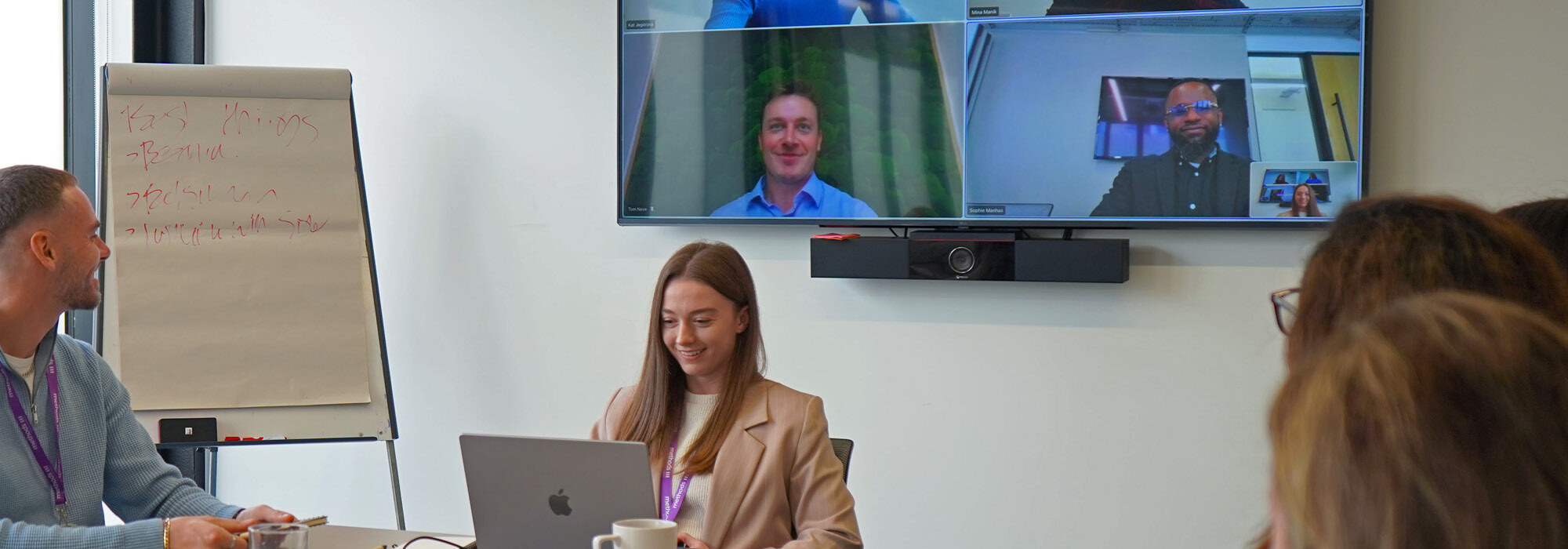The UK National Shielding Service – supporting vulnerable people

Challenge
During the COVID-19 pandemic the UK Government needed to establish a mechanism for supporting clinically extremely vulnerable people who needed additional support to access food and social care whilst shielding at home.
A rudimentary service was quickly developed to satisfy immediate needs using effective but short-term technology choices, incurring extensive technical debt. Further work was required to develop and maintain the service throughout lockdown.
As part of the UK Government’s response to the pandemic, five government departments came together to set up a National Shielding Service to deliver care and food supplies to approximately 2.2m people in England who were classified as clinically extremely vulnerable people.
Solution
Initially Methods supported the development, delivery, and maintenance of the service for Shielding Vulnerable People, integrating with GOV.UK Notify to send notifications to citizens registering for assistance.
The Shielding Team was made up of in-house Civil Servants and other suppliers. Although working remotely, Methods promoted a ‘One Team’ ethos through initiatives such as remote inductions, shared ceremonies, remote onboarding, extensive knowledge transfer, mentoring, and pairing, and working from a single backlog alongside all suppliers towards a single goal.
The work was delivered iteratively using an agile Scrum methodology, and to help the team embed while working remotely, we ensured use of collaborative tools throughout (such as Google Meet, Teams, Slack, and Miro) to run agile ceremonies, evening wash-ups, team workshops for blueprinting and ideation, and daily video calls for stakeholder engagement and collaboration.
Impact
1. Anticipating the Autumn second wave we introduced a robust but flexible solution, based on a scalable architecture, developed iteratively incorporating feedback from user testing. This seamlessly replaced the previous version, while also being able to accommodate changing policy. By developing a scalable and flexible solution, the team created a system that could quickly respond to rapidly changing circumstances, minimise disruption, and ensure continuity of service.
2. This initiative aimed to enhance the service by delivering an account component integrated with NHS login, migrating to a relational database to improve data structure and adaptability, and enhancing address data quality to ensure accurate service provider delivery. Additionally, it focused on developing user support tools to streamline query resolution and implementing robust incident management along with out-of-hours support. These improvements collectively enabled a more user-centric, scalable, and responsive service.
3. In the first 4 months, the service contacted 2.2 million people, with 1.2 million signing up to the website. This enabled the delivery of over 4.7 million essential supplies to more than half a million people at the highest risk from COVID-19.
4. The service passed an internal Government Digital Service (GDS) Beta assessment and went on to win a Civil Service Award, recognising the ‘unprecedented collaboration with the Department of Health and Social Care (DHSC), the GDS, the Department for Work and Pensions (DWP), the Department for the Environment, Food and Rural Affairs (Defra), the Cabinet Office, NHS England (NHSE), and NHS Digital’.
